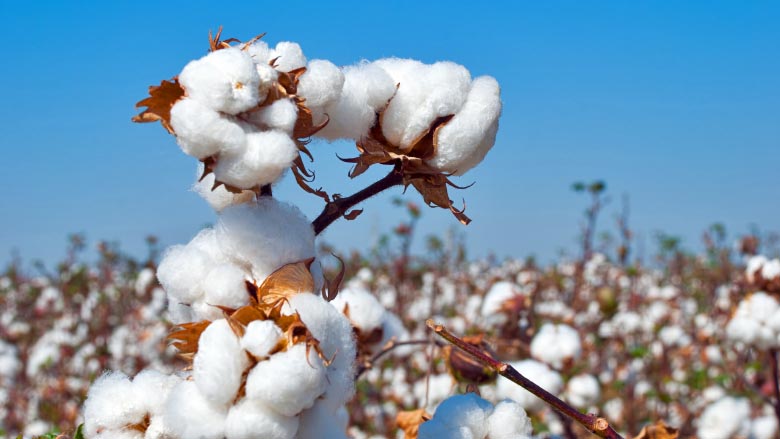On August 13, President Shavkat Mirziyoyev chaired a meeting to discuss leveraging the export potential and reserves in the textile industry.
Textiles is one of the key sectors, accounting for 3 percent of the country’s economy and 14 percent of industrial production. The industry employs more than 500,000 people. Over the past five years, 396 enterprises with a total value of $3.5 billion have been commissioned, and production volume has reached $10 billion.
However, the volatile global market environment, declining demand, and falling prices require prompt support measures.
Over the past three years, the global price of cotton has decreased on average from $3,000 to $1,500 per ton. To adapt to these conditions, in 2022-2023, preferential loans for the purchase of raw cotton were extended three times, and last year, subsidies of 1 million UZS per ton were provided.
Many textile enterprises have outstanding debts on commercial loans. Only 16 percent of them hold international certificates, which makes competing in foreign markets difficult.
The lifting of the cotton boycott against Uzbekistan and its accession to the GSP+ preferential system, allowing duty-free exports to Europe, have opened up significant opportunities. However, cooperation with international brands and the scale of exports have not yet matched these favorable conditions.
To study such issues, the opinions of more than 200 entrepreneurs were studied. Based on them, new opportunities and tasks were identified.
First and foremost, attention was given to matters of financial recovery and cost reduction.
This year, the repayment period for cluster loans taken for the 2022-2023 harvest was extended to five years, subject to collateral. Now, starting from August 1, clusters that have appropriate collateral will only repay the principal debt. Interest owed to the Agriculture Fund and banks will be collected after full repayment of the principal. If both the principal and interest are paid on time, half of the interest amount due to the Fund will be returned to the entrepreneur.
In addition, a penalty of 377 billion UZS accrued as of August 1 for loans for the 2022-2023 harvest will be written off. Financial recovery measures will be developed for 144 enterprises with outstanding commercial loan obligations.
To ensure the timely harvesting of the current cotton crop, farmers will be provided with subsidies of 1 million UZS per ton. If enterprises grow or purchase cotton using their funds, they will be reimbursed 10 percent of the raw material’s cost.
All enterprises in the textile value chain will be subject to a social tax rate of 1 percent. At the same time, the requirement for a social registry will be abolished, and the mandatory share of textiles in sales will be reduced from 90 to 70 percent.
The cost of yarn largely depends on the price of electricity. In this regard, enterprises will be allowed to connect solar panels installed for their own needs to the grid.
Export-oriented enterprises will be provided with five-year loans of up to 10 billion UZS at the Central Bank’s base rate, through the Trade Development Company, for opening branches in districts. The salaries of foreign designers, technologists, constructors, and marketers will be reimbursed, provided that at least 200 jobs are created and decent wages are paid.
A key condition for entering global markets is quality and compliance with standards. In this regard, the Agency for Technical Regulation has been instructed to assist textile enterprises in obtaining international certifications and to increase the number of such enterprises to 300.
The importance of expanding exports of finished garments to European and U.S. markets was highlighted. For example, the U.S. textile market is estimated at around $100 billion annually. By adapting products to its requirements, Uzbekistan can secure its niche. To this end, instructions have been given to open trade houses in New York and St. Louis.
The Ministry of Foreign Affairs and ambassadors have been instructed to develop a roadmap for cooperation with major brands and to invite them to a large exhibition in Tashkent.
The Prime Minister has been instructed to exercise strict control over the implementation of the set tasks.
